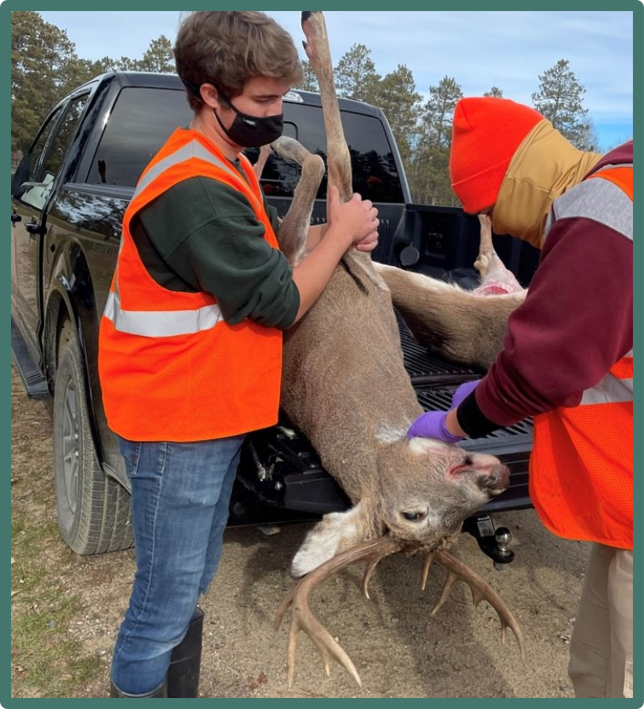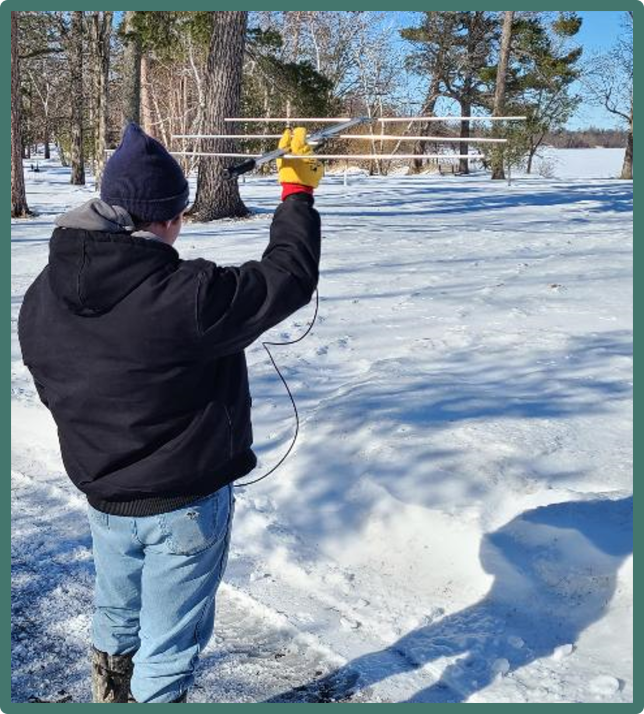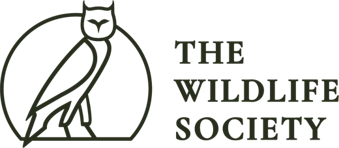
Dr. Haus teaches primarily upper-level courses within the Wildlife Biology major at Bemidji State University. His instruction emphasizes the incorporation of fundamental ecological principles to applied resource management.


Courses Regularly Taught
BIOL2610 General Ecology
Semester: Fall
Credits: 3
Description: This course is an introduction to the interrelationships of organisms and their environments, emphasizing the historic development of fundamental principles at the levels of individual, population, community, and ecosystem through examination of theoretical and empirical findings.
Prerequisites: BIOL1110, 1120, 1400, 1500, or consent of instructor
BIOL3610 Principles of Wildlife Management
Semester: Spring
Credits: 3
Description: This course is an introduction to the field of wildlife management, including the biological principles important to the understanding of wildlife population dynamics and the management strategies implemented by wildlife biologists.
Prerequisites: BIOL1500 and BIOL2610
BIOL4520 Mammalogy
Semester: Fall and Spring
Credits: 3
Description: This course examines the morphology, ecology, behavior, classification, distribution, and evolution of mammals. Lecture and laboratory. Cross-listed with graduate course (BIOL5520).
Prerequisites: BIOL1500 and BIOL2610, or consent of instructor
BIOL4530 Ecology and Management of Large Mammals
Semester: Fall
Credits: 3
Description: This course covers the life-histories, investigative techniques, and management of the large mammal species in Minnesota; white-tailed deer, moose, elk, black bears, and wolves. Species from the western United States (i.e., mule deer, cougar, bison, pronghorn antelope, bighorn sheep, brown bear) will also be discussed. Students will be introduced to the current political and social issues relevant to the management of big game species as well. Cross-listed with graduate course (BIOL5530).
Prerequisites: BIOL3610
BIOL4780 Wildlife Management Techniques
Semester: Spring
Credits: 5
Description: This course emphasizes application of ecological principles, practical field skills, and the analysis of scientific literature used to manage wildlife and their habitats. Designed for upper-level (seniors/graduate) students preparing for professional careers in wildlife conservation, natural sciences, and related areas of natural resources management. Cross-listed with graduate course (BIOL5780).
Prerequisites: BIOL3610
BIOL4930 Wildlife Research I & II
Semester: Fall and Spring
Credits: 2
Description: This course is intended to prepare wildlife biology majors to conduct their own original hypothesis driven research, develop research objectives, design methodology, collect data, and write a research manuscript that conveys that research to their peers. Students will also interpret the results and critically evaluate wildlife biology literature and learn to apply research findings to the management and conservation of wildlife populations.
Prerequisites: BIOL3610, and junior or senior status
2025-2026 Schedule/Office Hours
Dr. Haus is on Sabbatical leave during the Fall 2025 and Spring 2026 semesters. During this time, he will not be available for advising appointments or regular office hours. Students with questions about advising or courses should contact the chair of the School of Sustainability and Life Sciences (richard.koch@bemidjistate.edu) or the Advising Center (advising@bemidjistate.edu).
The Wildlife Society Certification
Students graduating from Bemidji State University with a B.S. in Wildlife Biology should qualify for certification as an Associate Wildlife Biologist® through The Wildlife Society. Interested students are encouraged to contact Dr. Haus for assistance with their application. You can find more information about TWS certification programs and the application here.
Useful Links
BSU The Wildlife Society Facebook Page
BSU Wildlife Program Instagram Page
BSU Wildlife Program Linktree Page
Texas A&M Wildlife Job Board
The Wildlife Society
American Society of Mammalogists

